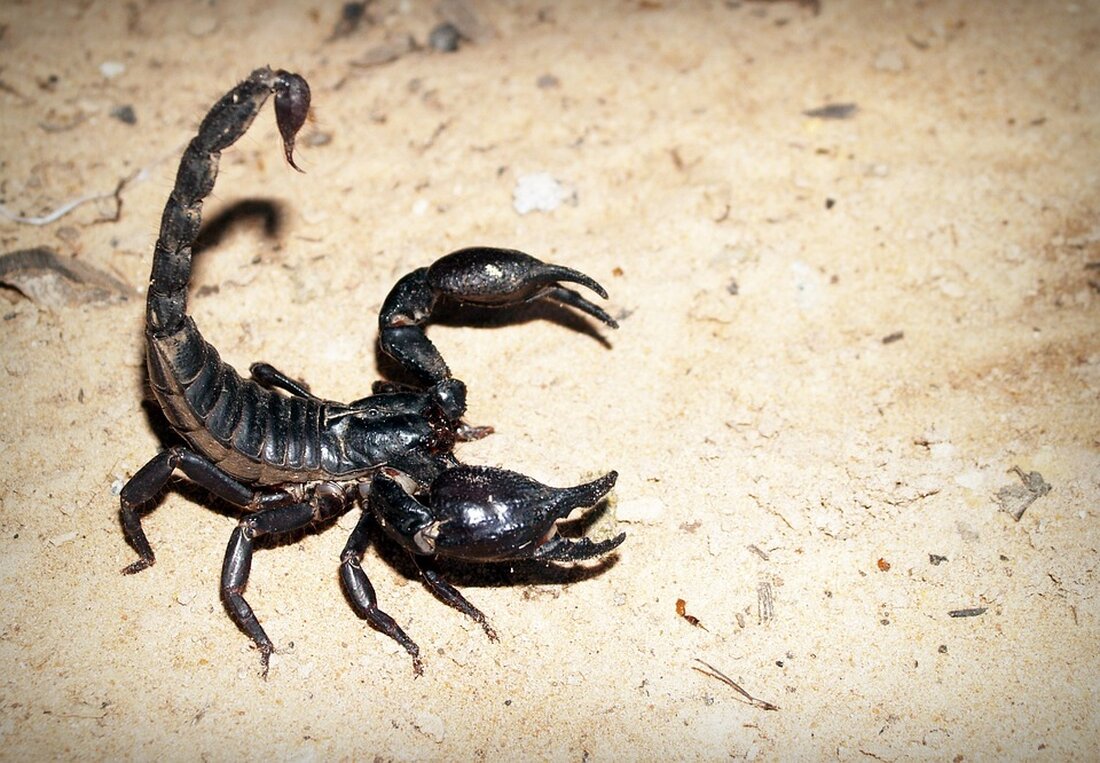The fascinating world of wild bees: we protect the biological diversity with its superpower!
In this article of the Berlin Foundation for People and Environment, you can find out how wild bees have a fascinating diversity and superpowers that are of great importance for the protection of biological diversity. Discover the fascinating properties and habitats of different domestic wild bee species and learn how to actively contribute to the maintenance of domestic wild plants to maintain these valuable pollinators. The foundation also presents a new wild bee calendar for 2025. Order the calendar now and let yourself be inspired by the breathtaking macro recordings of domestic wild bee species.

The fascinating world of wild bees: we protect the biological diversity with its superpower!
we use this superpower to protect the biological diversity! 🐞🌿
The fascinating world of wild bees is a valuable asset that we should protect. With over 600 domestic species, they play an important role in biological diversity. The Foundation for People and the Environment has set itself the task of promoting enthusiasm and knowledge of these insects. The foundation has been presenting the "Wildbee of the Month" since 2016 and thus giving an insight into the fascinating variety of wild bee species. This knowledge is crucial in order to be able to take measures to protect wild bees. Take part and use your superpower to protect the biological diversity!
The fascinating variety of wild bees is often underestimated. There are real superheroes among the domestic species: cuckoo, architects, gourmets and masked fellows. A look into your world reveals amazing skills. For example, take the poppy seed bee, which artistically lines its brood cells with its mouth tools. Or the four -yese bee, which smuggles its eggs into the nests of other wild bee species as a "cuckoo bee". Every kind has its unique skills and thus contributes to the ecological balance.
The enthusiasm for wild bees also raises awareness of the importance of certain wild plants. Wiesen-bellflower, ordinary snake head and horn clover are just a few examples of plants that offer wild bees nectar and pollen. These local plants are essential for the survival of insects, in contrast to exotic ornamental plants. In order to offer the wild bees a suitable habitat, natural structures such as dead wood, open sandy areas and dead plant stems are indispensable.
In order to further raise awareness of the importance of wild bees, the Foundation for People and the Environment, in cooperation with nature photographer Roland Günter, has released the Wildbien calendar in 2025. This offers a unique way to get to know twelve domestic wild bee species. In addition to the breathtaking macro recordings, the calendar also contains information about domestic plants and garden structures as well as the work of the foundation. The foundation provides the texts and images free of charge to promote awareness of the protection of wild bees.
The threat to wild bees is alarming. Over a quarter of the insect species in Germany are already at risk, including 45% of the domestic wild bee species. The causes of the decline and the risk of wild bees are diverse, from the destruction of their nesting places to the destruction of their food sources. The decline in wild bees not only affects other animals and plants, but ultimately also on ourselves. The Foundation for People and the Environment is actively committed to protecting wild bees and promoting biological diversity.
Also support the protection of biological diversity and use your superpower to protect wild bees! Find out about the fascinating world of wild bees and get involved in your habitat.

 Suche
Suche
 Mein Konto
Mein Konto
